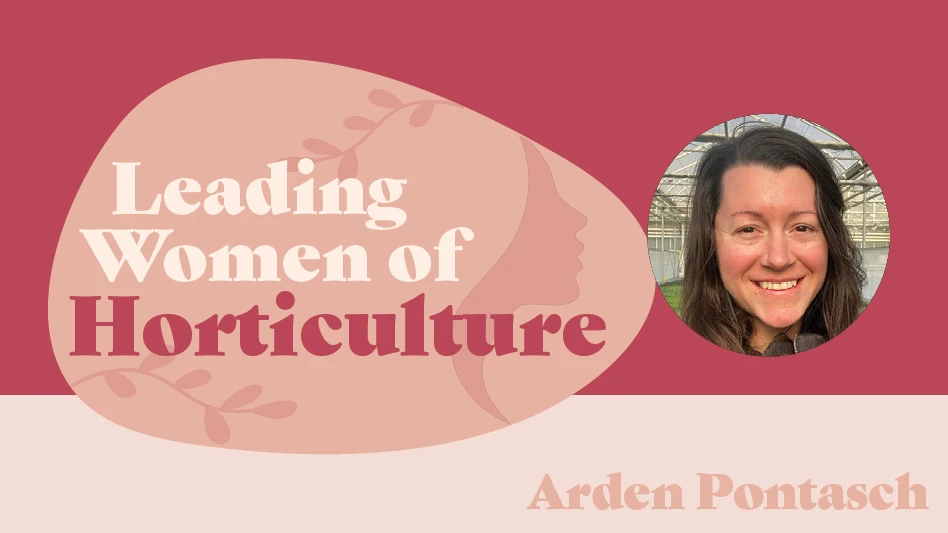_fmt.png)
The elements of value behind a quality rooted cutting
There is no value behind a low-quality rooted cutting, and there’s no value in a tree that doesn’t grow to spec and return a profit. To create maximum profits on shade trees, you must start with the best quality tree liner (rooted cutting) available. A quality rooted cutting should be consistent in grade, transplant successfully, and grow vigorously when given proper climate, water, and nutrition. The value created in a JLPN rooted cutting translates to lower overhead and higher profits.
Consistency in grade
A grower planting rooted-cutting liners should always insist on uniformity. Rooted cuttings should have consistent caliper and stem-height, and above all, root fiber and structure with the roots lining 85 percent or more of the base of the cutting. These basic standards lead to better uniformity and durability of the crop. If you start with a variable grade rooted-cutting liner, that variability will continue through the lifecycle of your crop. If you start with uniformity, you will end with a uniform crop.
JLPN quality stock
JLPN produces over 2 million rooted cuttings a year from our 15 acres of in-house stock plants. While the land allocation, maintenance and overhead to JLPN is great, having stock plants on-sight gives us the assurance that all rooted cuttings that we produce are from clean, vigorous and nutritionally superior stock plants. All of this leads to cuttings that root more consistently, in higher percentages, with reliable and repeatable quality, year after year. The time and effort put into JLPN stock translates directly in the strength, reliability and overall success of our customers’ crops. JLPN stock is the basis for an end-product that sells for a higher price point and ultimately makes the grower more money.
Uniformity and structure
JLPN delivers rooted cuttings that are uniform in diameter, height and root structure. When stock material is processed, rooted cuttings are selected for matching diameter and grown hydroponically in volcanic pumice. The positive benefits from hydroponically grown rooted cuttings are incomparable and unrepeatable in any other media. Root branching and fiber starts from the moment the cuttings root, never being able to form and drive a dominant tap root. The structure and fiber is the foundation for future growing that provides unparalleled vigor and performance for the grower. Since all rooted cuttings are hydroponically grown, the roots are inspected for condition and quality at the time of harvest. This provides JLPN a chance to discard one-sided roots and J-roots, eliminating waste and adding value to our product for the end user.
Making money with JLPN rooted cuttings
Ultimately, to make money in shade trees, you must create value for your customer to secure and ensure continued and repeatable business. Starting from the ground up, the foundation of your product pipeline ultimately rides on the quality and care put into the tree liner or rooted cutting that you initially purchased. It is the vehicle to driving profitability in the end. Some might say it’s not a question of “If my tree is better than your tree,” but that’s precisely the question, and it’s why your customer will decide to choose your product over another. JLPN rooted cuttings are the first step in the right direction to winning over long-term clients with your top-quality tree.
The profit questions
Ask yourself:
- How many trees did I buy (X) vs. how many were plantable?
- How many did I plant vs. how many survived?
- How many did I grow vs. how many were ultimately sellable (Y)?
- What were my production costs to get a cutting to a sellable tree?
- I started with “X” number of trees and finished with “Y.”
- Is this venture profitable?
For more:www.jlpnliners.com; 1.877.490.7844.
Get curated news on YOUR industry.
Enter your email to receive our newsletters.
Explore the May 2017 Issue
Check out more from this issue and find your next story to read.
Latest from Nursery Management
- Trends: Proven Winners 2025 perennial survey shows strong demand
- Online registration opens for the 2025 Farwest Show
- Sustainabloom launches Wholesale Nickel Program to support floriculture sustainability
- Plant breeding as an art
- Society of American Florists accepting entries for 2025 Marketer of the Year Contest
- American Horticultural Society welcomes five new board members
- Get to know Christopher Brown Jr. of Lancaster Farms
- American Floral Endowment establishes Demaree Family Floriculture Advancement Fund





